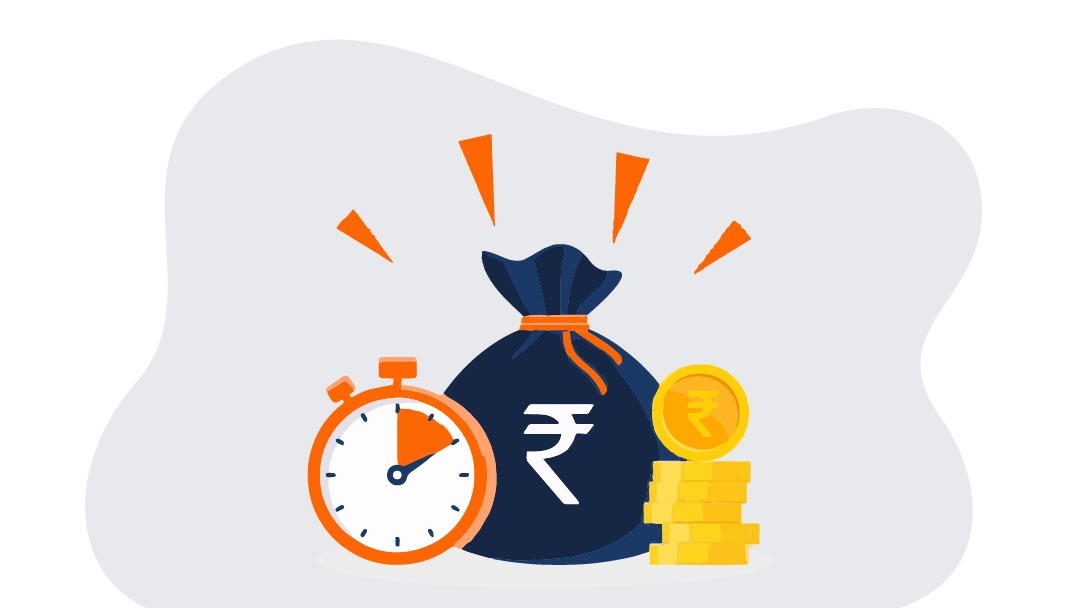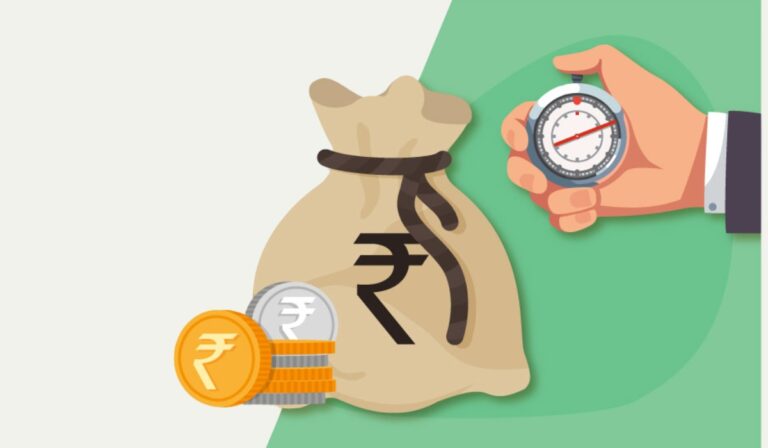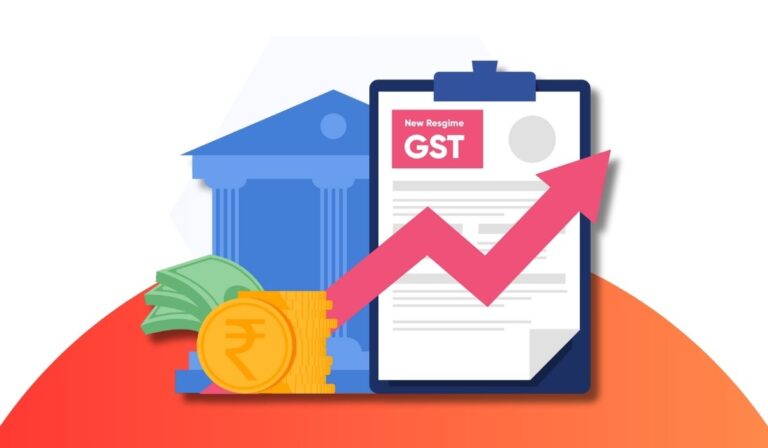Pre-payment penalties are implemented by lenders to minimize the financial risks that can be associated with early loan repayment. While pre-paying a loan can seem like a responsible financial move, it’s crucial to be aware of potential obstacles, such as the dreaded pre-payment penalty. A Pre-payment Penalty is only applied if the borrower decides to repay the loan amount before the agreed-upon time. In this blog, we are going to delve into the concept of pre-penalities, how they work, and their implications.
What is a Pre-Payment Penalty?
Let’s say you borrowed money from a bank to buy a car or a house, and now you are supposed to pay back the loan in monthly installments over a fixed period of time, assumingly three years. Now if you decide to pay off the loan faster, in that case, the bank will charge you an extra amount as a penalty to ensure that they do not lose the interest they would have earned if the loan had been paid over the entire loan term.
A pre-payment penalty is a condition often seen in loan agreements, which imposes a financial penalty on borrowers if they decide to pay off their loan earlier than the agreed-upon timeframe. It is mainly done to stop borrowers from repaying their loans too soon.
How do they work?
Pre-payment penalties can vary depending on the type of loan and the rules set by the lender. There are two main types of pre-payment penalties:
-
Percentage-based Penalty:
In this type of penalty, the borrower is charged a percentage of the remaining loan balance if they decide to pay off the loan early. Let’s say you owe INR 10,000 on your loan, and the penalty is 2%. If you choose to pre-pay, you’ll have to pay an extra INR 200 as a penalty charge.
-
Interest Differential Penalty:
This penalty is a bit more complex. It’s calculated based on the difference between the interest that would have been paid if you kept the loan for the entire agreed-upon term and the interest the lender can earn by investing the pre-paid amount.
When is this penalty enforced?
The timing of penalty enforcement can differ depending on the lender. Some lenders might charge you this penalty if you try to pay back the loan early at any time during the loan period. While others may only apply the penalty if you try to repay the loan early. This can be within a specific time frame, maybe the first few years of the loan or so.
Impact on Borrowers
The “pre-payment penalty” rule states that if you try to pay back the loan earlier than the bank or lender wants you to, you’ll have to pay extra money as a penalty.
This penalty can cause some problems for borrowers as it might make them doubtful to refinance their loans, even if they could save money by getting a new loan with lower interest rates. So, they might consider that it’s best to stick with their old, more expensive loan because they don’t want to pay the penalty.
These penalties can also stop borrowers from using the extra money they have to invest in other things or pay off other debts. Instead of using that money wisely, they may feel like they have to hold onto it to avoid the penalty.
How to avoid Pre-Payment Penalties
It is not necessary for all loans to include pre-payment penalties.
Before a loan is taken out, it is crucial to understand if there is a pre-payment penalty and how it is calculated to avoid any surprises if the decision to repay the loan ahead of schedule is made.
If a loan without a pre-payment penalty cannot be found and the money is really needed, don’t worry! The lender can be talked to, and negotiation can be attempted. The lender could be asked to make the penalty less severe or not last for a long time. Sometimes, a willingness to work with you on this might be shown by lenders if asked nicely.
So, remember to shop around, read the fine print, and, if needed, negotiate to get the best deal on your loan!
Conclusion:
When you borrow money, pre-payment penalties are something to give thought to. They help lenders protect themselves, but you need to consider how they may affect your financial goals as well. Having a clear understanding of these charges can help you make better decisions and get better payment options from your lender.
Being informed about the presence and terms of such penalties can empower borrowers to make well-informed decisions and potentially have better terms negotiated with their lenders.
PayMe is an Indian lending company that helps people, and small businesses get quick loans online at low-interest rates. It’s registered with the RBI, which makes it trustworthy. PayMe aims to bridge the gap between traditional lenders, who often have strict requirements and borrowers who need fast and accessible loan options. The platform provided by PayMe is user-friendly, and the loan approval process is swift. PayMe is dedicated to giving its customers financial freedom, quick disbursal of funds, and flexibility in managing their loans. Moreover, the company’s primary focus is to empower individuals and businesses by providing fast loan approvals, ensuring timely access to much-needed funds.
Read More: What is an overdraft?




